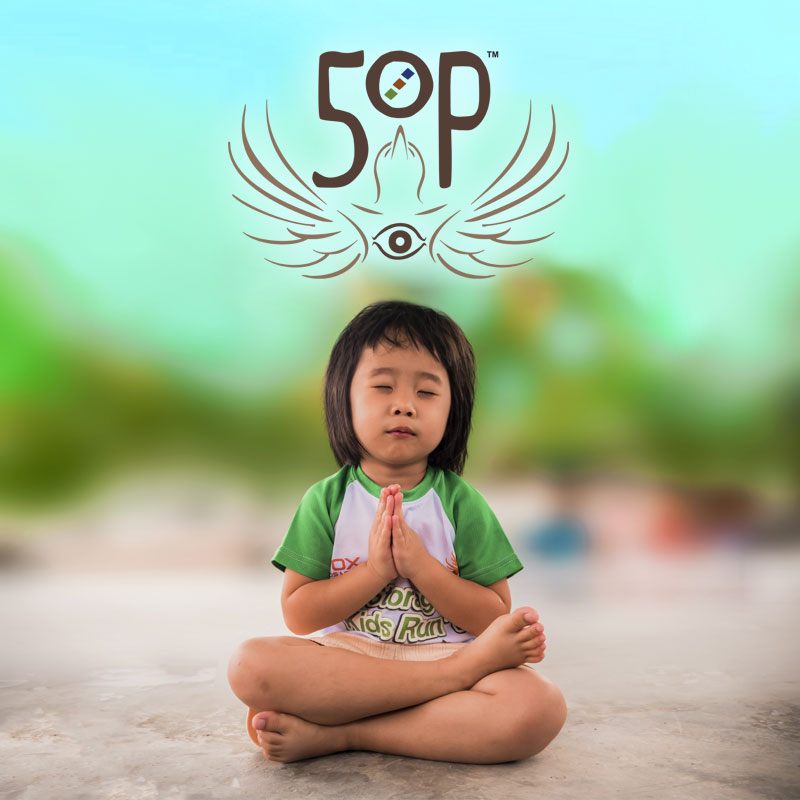
Welcome to the final article in the series “Be your own #1.” So far we’ve covered 15 signs that we’re falling short of oneness, and after this article we’ll have reviewed 24 strategies to aid us in our quest.
Let’s jump right in!
12 more strategies to own the WHOLE YOU:
Consider the health of your relationships
Are our close companions, friends and family, propping us up or bringing us down? Are they reinforcing healthy habits or contributing to our stagnation and self-destruction? Healthy relationships should be trusting, respectful, loving and supportive. The people closest to us should also challenge us and hold us accountable for our actions. Those we value the most should offer us a give and take as we help each other build ourselves. If any relationship takes a lot more than it gives then it’s time to consider cutting our losses. Even in family relationships, where we might not be able to escape, we can still maintain a healthy distance.
Treat others with respect and kindness
If we’re acting like jerks we may occasionally get attention or a laugh, but no one really has much respect for assholes (with the exception of maybe other assholes). Exercising respect and kindness opens doors that otherwise don’t exist for assholes. And there’s a difference between having a healthy laugh and being an asshole. 50P’s Value #17 states “we can laugh and joke with one another, even at one another… even AT OURSELVES, while maintaining a healthy amount of respect.” There’s brilliance in balancing respect and kindness with a smart sense of humor.
Experience others
Shutting ourselves off from others is unhealthy. We’re here together for a reason, and even though there may be a certain level of comfort in isolation, particularly if we’re shy or socially inhibited (a state I was frequently in during much of my late teens and 20s), it’s damaging to our mental, and even our physical health, to avoid experiencing others. Further, social connections, especially when we diversify them, help us expand our minds and see the world from new perspectives that we may otherwise be missing.
Learn (who) to trust
As mentioned in part 3 of this series “As youngsters we are swayed by influencers who are selected by circumstance, some good, some bad.” Unfortunately past traumas in our lives can lead to strong levels of distrust and misplaced trust in adulthood. Knowing who to trust can be as simple as this: If someone we trust is a taker, meaning they’ll predominately lie, cheat, manipulate, deflect, steal, abuse, and retaliate to get what they want, at almost everyone else’s expense, then it’s time to question their motives and our level of trust in them.
Be honest with others
“If you tell the truth, you don’t have to remember anything.” – Mark Twain
Lying is a slippery slope that leads to unrealistic expectations among those we spread our lies to. It inhibits us from reaching our full potential by driving us to construct a framework of fallacy around ourselves that will inevitably crumble. Lying, particularly to those closest to us, is even abusive because it plays with people’s emotions, mental states, and perspectives. Telling the truth is healthy and practical in that it absolves us from the burden of maintaining a false front, and saves others from the burdens we bear upon them.
Get out and do stuff
Chilling out is something that we should all wrap into our routines, but spending countless hours in screen mode, or wallowing at home in loneliness, or sleeping days away is just flat out abuse of self. There is an extraordinarily diverse range of experiences to be had out there for each and every one of us. Getting out and enjoying healthy activities can jolt us out of our comfort zones, physically and mentally challenge us, expand our minds, inspire adventurousness, fill us with laughter, promote peace and relaxation, bring us together, and soothe the stress on our souls.
Realize that even those you look up to are NOT perfect
Perfection is an unrealistic goal. Striving toward “perfection” is dangerous because it warps our motivations into forcing something that isn’t attainable. The influencers we should be skeptical of in this world are those who put on a façade of perfection. Great leaders realize the importance of owning their flaws, working on them, and sharing their struggles and triumphs with others.
Get your mind off of death and aging
Let’s get it straight: As we progress through life there will be physical changes that make certain things more difficult, and we’re ultimately going to die. But the stress we place on ourselves by worrying about age and death is only going to get us there faster, and it completely detracts from our life experience. We need to get over this line of thinking. We’re here to live… We need to care for what we have (mind, body, soul and each other). It’s imperative to stop focusing on how ‘old’ we are and GO DO LIFE!
Defend yourself with grace
People are just going to be judgmental sometimes. That’s life. It doesn’t mean the best solutions are verbal assault or physical retaliation. Here’s an alternative way to think about defending ourselves:
- “Whosoever shall smite thee on thy right cheek, turn to him the other also.” – Matthew 5:39, King James Bible… Simply stated, turn the other cheek. Your ability to resist is much more virtuous and graceful than retaliation.
- Try to understand the opposing party’s point of view
- Present your case using intelligence and genuine data
- Pass return judgment through suggestions in support of them and their interests, not out of ego driven spite
- Lighten up the mood with humor
- Kill them with kindness
- Or… Don’t even given them the time of day. Just simply walking away takes power away from them.
There are moments where people have to genuinely exercise self-defense, but most of the time conflict can be resolved without having to resort to violence or verbal abuse. And in places where it can’t be, we need to be actively discussing solutions.
Celebrate your achievements
Whether large or small, our accomplishments and the steps that we take toward bettering our quality of life should be celebrated. Doing so should not be done in the face of others or with selfish pride. Our personal successes and subsequent celebrations should be shared with others, particularly with the people closest to us, because we have the potential to humbly inspire them.
Celebrate other’s achievements
Celebrating the achievements of others is of as much importance as celebrating our own. Expressing our appreciation of other’s milestones bonds us with one another more closely and contributes to overall healthy relationships. Further, our celebration of others reinforces their faith in their own accomplishments, contributing to their overall self-worth.
Be a healthy influencer and uplift others
Take your milestones and accomplishments with you on your journey and be a leader, so that the people closest to you are influenced by healthy examples in their own quest for oneness.
It is written in 50P’s values “It’s ok to f**k up every once and a while.” This holds true for being your own #1. Mistakes are human and they will happen, but they only provide value if we learn from them.
Owning yourself and being your own #1 requires commitment, but the effort involved can be minimal because all it takes is pivoting your way of thinking, and allowing that pivot to drive more productive action.
Thank you for reading! I hope you were able to take something away from this article series.
If you have any additional ideas to share, please do so by Commenting below.
#humanity #selflove #selfcare
In order to leave comments you will need to register… The link is at the top of the page.
Requiring registration helps KEEP SPAMMERS OUT of the conversation.
ALL articles in this series:
Be your own #1 (part 1 of 5) – Introduction & Signs that we have work to do
Be your own #1 (part 2 of 5) – 5 more Signs we’re not being our own #1
Be your own #1 (part 3 of 5) – 12 Strategies for taking ownership
Be your own #1 (part 4 of 5) – The last 5 Signs we’re not being our own #1
Be your own #1 (part 5 of 5) – 12 more strategies & conclusion
